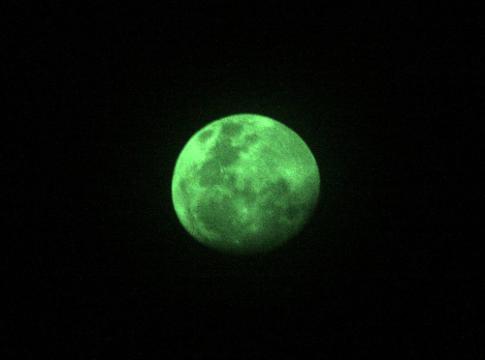Latest News
Europe to send probe to Jupiter

Europe will launch its first ever mission to the outer solar system after its space agency approved a £900m project to search for signs of life on Jupiter's moons.
By Nick Collins, Science Correspondent
Scientists from Britain and other European nations can prepare for a launch in 2022 after the JUpiter ICy moon Explorer (JUICE) project was formally sanctioned at a meeting in Paris on Wednesday.
Upon arrival in the Jovian system in 2030, the JUICE probe will perform a series of close passes by two of Jupiter's moons, Callisto and Europa, before orbiting and eventually crashing into a third, Ganymede.
The mission – the first ever to orbit an icy moon – is aimed at determining whether primitive life could possibly exist on the moons, which are believed to harbour oceans beneath their frozen surfaces.
Despite being a great distance from the Sun, the moons are thought to fit all the criteria for life to form.
Prof Michele Dougherty, of Imperial College London, said: "The four conditions you need so that life can form are liquid water, an energy source such as heat, complex organic molecules like carbon, hydrogen and nitrogen to form the basic building blocks of life, and you need all those conditions to be stable for a relatively long period of time.
"We think those conditions are there, but by getting as much data as we can we are going to be able to understand much better whether that is the case."
Ganymede – which is slightly larger than the planet Mercury – is the chief target of the mission and is believed to hold the most potential for life.
If moons are commonly found orbiting giant planets around other stars, as many astronomers believe, then Ganymede could be just one of a vast swathe of habitable planetary bodies in our galaxy.
Prof. Alvaro Giménez Cañete, director of science and robotic exploration at the European Space Agency (ESA), said: "Jupiter is the archetype for the giant planets of the Solar System and for many giant planets being found around other stars.
“JUICE will give us better insight into how gas giants and their orbiting worlds form, and their potential for hosting life.”
To determine whether the moons could harbour life, the JUICE probe will spend three years studying Jupiter's atmosphere and the magnetic and charged particle environment around it.
The mission was chosen after a five-year competition to decide on Europe's next "large class" space project.
It is projected to cost the ESA £700m, but this figure does not include the 11 scientific instruments which will be packed on board, and will be funded separately by member states, bringing the total cost to an estimated £900m.
No decision has been made on which countries will provide the equipment, but teams from UCL, Imperial, Oxford and Leicester universities are expected to propose experiments for inclusion as part of the probe's payload.
A decision is expected next year, enabling ESA bossed to give final approval to a fully detailed plan in 2014. Telegraph
Rate this article




 del.icio.us
del.icio.us Digg
Digg

Post your comment